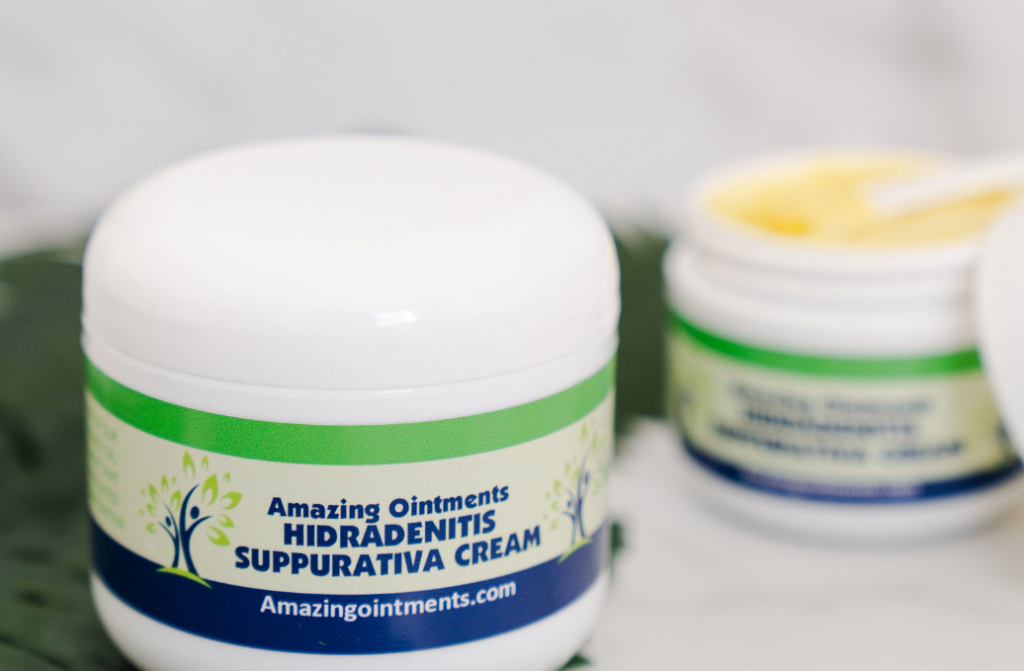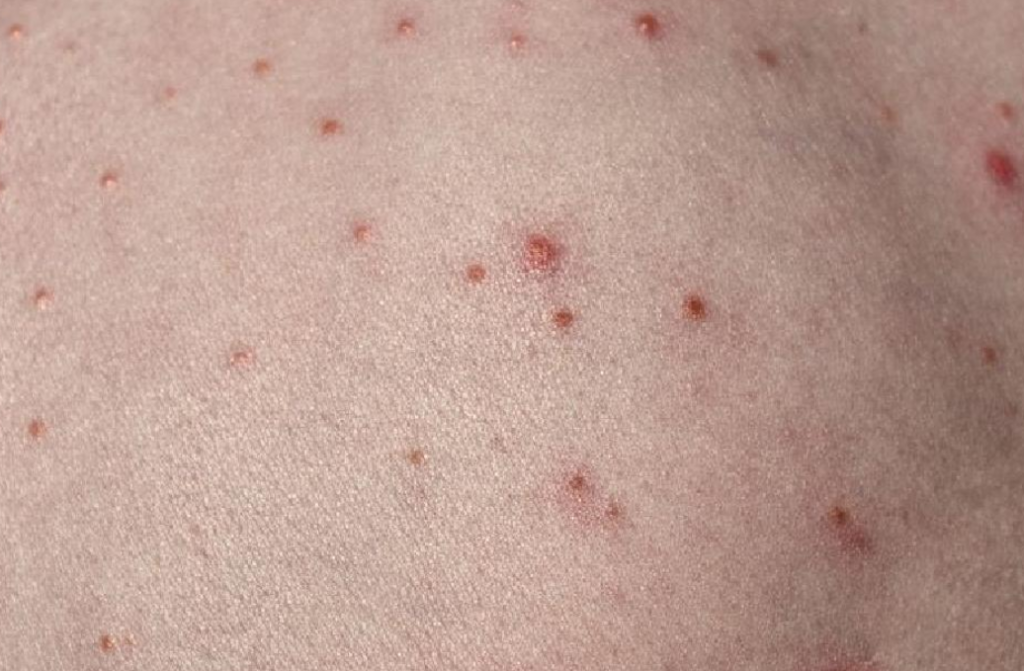Want to save 25%? Check out our Subscriptions!
Hidradenitis Suppurativa (HS) is a complex and often misinterpreted skin condition, shrouded in various Hidradenitis Suppurativa misconceptions. A significant part of the challenge faced by those living with HS is dealing with the myths surrounding their condition. One prevalent misconception about HS is the belief that it is contagious. This mistaken belief can lead to unnecessary social stigma and isolation for those affected by HS. Through this article, we aim to dismantle this myth by providing clear and accurate information about Hidradenitis Suppurativa, particularly emphasizing its non-contagious nature. For more information, join our upcoming Zoom meeting on January 13, 2024, at 6:30 PM EST
In addition to addressing the contagion myth, it is essential to explore the available HS treatments. While there is no cure for HS currently, various treatments can help manage symptoms and improve the quality of life for those living with the condition. These treatments range from medication to lifestyle changes and are tailored to the severity and progression of the individual’s condition.
By the end of this article, readers will have a clearer understanding of the Facts about Hidradenitis Suppurativa. Knowledge is a powerful tool in combating misconceptions, and through this expanded understanding, we hope to contribute to a more informed and compassionate society that supports those affected by HS.
Hidradenitis Suppurativa (HS) is a chronic skin condition that presents a significant challenge in dermatology due to its complexity and the impact it has on patients’ lives. Characterized by its non-contagious nature, HS often manifests as painful lumps beneath the skin, primarily in areas where skin rubs together. A key issue with HS is its propensity to be often misdiagnosed, which can lead to delays in appropriate treatment and management. This misdiagnosis usually stems from its symptoms resembling those of other skin conditions. Gaining a deeper understanding of HS is crucial for effective management and reducing the psychological and physical burden it imposes on individuals.


Managing Hidradenitis Suppurativa (HS) is a long-term commitment, primarily due to its chronic nature. This condition is marked by the development of painful lumps beneath the skin, often causing significant discomfort. It’s important to highlight that, contrary to widespread misconceptions, HS is not contagious and is not caused by poor hygiene. Instead, it arises from complex factors that are still being researched. Recognizing the chronic aspect of HS is crucial for both patients and healthcare providers, as it underscores the need for sustained and tailored HS treatments. Effective management strategies can significantly improve the quality of life for those living with HS, making understanding and patient education vital components of care. So is HS really contagious?
The visual manifestation of Hidradenitis Suppurativa (HS) often leads to a common misconception that it is a contagious condition where in reality it is not. This erroneous belief stems largely from its physical appearance, which can resemble certain contagious skin ailments. However, it’s vital to emphasize that HS is absolutely non-contagious. Dispelling this myth is crucial in reducing the social stigma and misunderstanding associated with HS. By spreading accurate information about HS, we can foster a more supportive and empathetic environment for individuals coping with this challenging skin condition. Understanding the true nature of HS is the first step in changing perceptions and providing appropriate support and compassion to those affected.

It’s crucial to understand that HS cannot be spread from person to person. Unlike conditions caused by bacteria or viruses, HS results from a combination of genetic and environmental factors.

Hidradenitis Suppurativa is frequently confused with conditions like acne or folliculitis, creating a cloud of confusion around its diagnosis. This mix-up not only delays effective treatment but also perpetuates myths surrounding the condition. Highlighting the importance of distinguishing its unique symptoms, this scenario underscores the necessity for heightened awareness and accurate diagnosis for better management of Hidradenitis Suppurativa
infectionsThese misdiagnoses stem from HS’s visual similarities to these conditions, particularly in the areas it affects. However, HS is distinct in its chronic nature and requires specific long-term management strategies.
Hidradenitis Suppurativa (HS) is a chronic condition, requiring ongoing and multifaceted managing strategies. Unlike acute medical issues that can be quickly resolved, Hidradenitis Suppurativa (HS) demands continuous and multifaceted attention. This chronic skin condition requires a variety of treatment approaches, tailored to each individual’s unique situation. It’s a journey that involves regular monitoring and adaptation, as the effectiveness of treatments can vary over time and with changes in the condition’s severity. Understanding the complex nature of HS is crucial, not just for patients but also for their healthcare providers, to ensure a comprehensive and effective management plan.
For those living with HS and their support networks, recognition of the condition’s long-term nature is vital. Regular consultations with healthcare professionals are key, offering opportunities to assess progress, make necessary adjustments in treatment plans, and address any emerging concerns. Adherence to recommended HS treatments, coupled with staying informed about the latest research and advances in HS management, plays a critical role in managing the condition effectively. These strategies help in not only alleviating symptoms but also in improving the overall quality of life for those affected by HS.
It’s important to dispel myths about HS to foster a better understanding and provide adequate support to those affected.
Myths vs. Facts
Myth: HS is contagious
Fact: HS is a non-contagious, chronic condition.
Myth: HS is a result of poor hygiene
Fact: HS is due to genetic and environmental factors
Understanding these facts helps reduce stigma and supports those living with HS.
Understanding the truth about HS is crucial in providing empathy and appropriate support to those affected by this challenging condition. HS, while non-contagious, requires ongoing management and understanding. It is essential to foster a supportive community that acknowledges the struggles faced by individuals with HS, facilitating both emotional and practical assistance. By promoting awareness and dispelling Hidradenitis Suppurativa Misconceptions, we can contribute to a more inclusive and caring environment, where those with HS feel understood and supported in their journey.